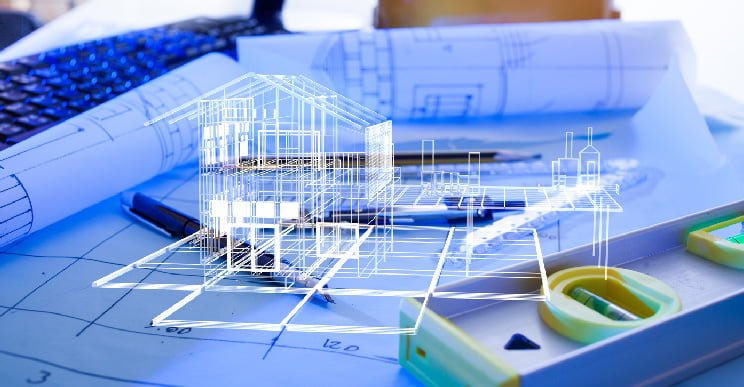In the dynamic and ever-evolving field of civil engineering, the importance of structural design cannot be overstated. At the core of every successful construction project lies a meticulous and thoughtful approach to designing the very foundation on which our societies are built. From towering skyscrapers that punctuate urban landscapes to resilient bridges spanning vast water bodies, structural design forms the backbone of the built environment, shaping its safety, durability, and functionality.
The primary objective of structural design is to ensure that every edifice, from the simplest dwelling to the most complex infrastructure, remains steadfast against the forces of nature and the challenges of human occupancy. Engineers meticulously analyze and craft designs to withstand a myriad of influences, including gravity, seismic activity, wind loads, and various environmental factors. By prioritizing safety and reliability, these designs act as the guardians of human lives, securing our well-being in the face of adversity.
Here are some key reasons why structural design holds immense importance:
- Safety and reliability:
The primary goal of structural design is to ensure the safety and reliability of the built environment. Engineers analyze the loads and forces acting on a structure to design it in a way that can withstand various conditions, including dead loads (e.g., the weight of the structure itself), live loads (e.g., traffic or occupancy), wind, earthquakes, and other environmental factors. Proper design helps prevent structural failures and ensures the safety of people using and occupying the structures.
- Longevity and durability:
Well-designed structures are more likely to have a longer lifespan and require less maintenance. The selection of appropriate materials and construction techniques is critical to ensuring the durability and longevity of the infrastructure.
- Cost-effectiveness:
Efficient structural design can lead to cost savings in both the construction phase and throughout the life cycle of the structure. By optimizing the use of materials and reducing wastage, the overall construction costs can be minimized. Additionally, a well-designed structure is less likely to require expensive repairs and maintenance in the future.
- Functionality and usability:
The structural design directly impacts the functionality and usability of a building or infrastructure. Proper consideration of the intended use, occupancy, and spatial requirements ensures that the structure serves its purpose effectively and efficiently.
- Aesthetic appeal:
Structural design not only focuses on the technical aspects but also considers the aesthetic appeal of the structure. Well-designed buildings and bridges can become iconic landmarks and contribute positively to the overall urban landscape.
- Environmental impact:
Civil engineers strive to adopt sustainable and eco-friendly practices in their designs. Energy-efficient structures with a smaller ecological footprint can reduce resource consumption and contribute to a greener environment.
- Regulatory compliance:
Structural engineers must adhere to building codes, standards, and regulations when designing structures. Compliance with these codes ensures that the construction meets established safety and quality standards.
- Adaptability and future-proofing:
The built environment needs to be adaptable to changing needs and future requirements. Good structural design allows for flexibility and adaptability, making it easier to modify or expand the structure as needs evolve.
- Integration with other engineering disciplines:
Structural design must work in harmony with other engineering disciplines, such as geotechnical, transportation, and environmental engineering. A well-coordinated design approach ensures that all aspects of a project are considered and integrated properly.
As we move forward, let us remain mindful of the significance of structural design, acknowledging the enduring impact it has on our lives and the planet. Through their tireless commitment to innovation and safety, civil engineers continue to lay the foundation for a brighter and more resilient tomorrow.
As Jacob Engineers knows the importance of structural design in the civil engineering, we pay clear attention on safety and integrity of the building. Being the leading structural engineering company in Chennai, we concern about the longevity of the structures and promising our clients the quality output.


Comments are closed.